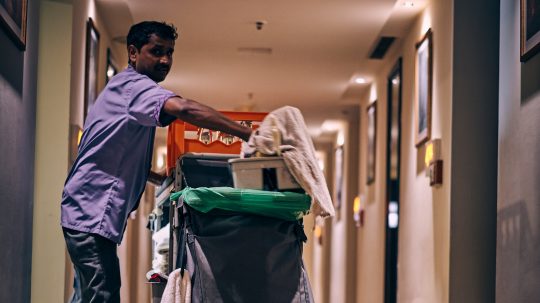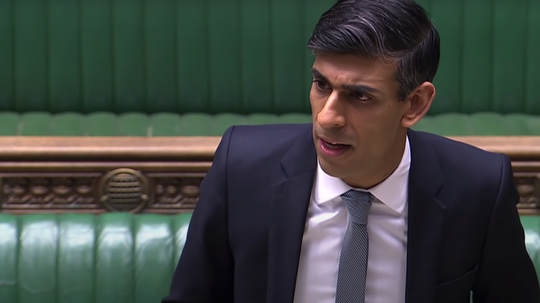Millions of UK workers could face destitution due to gaps in the government’s coronavirus income protection schemes, a report has found.
A report by independent think tank the Institute of Employment Rights (IER) estimates that more than 11 million workers may fall through cracks in the government’s coronavirus safety net.
Chancellor Rishi Sunak announced last month that the taxpayer would step in to cover a proportion of workers’ incomes to try to protect jobs amid the pandemic and that access to statutory sick pay (SSP) would be widened.
The report finds that there remains a financial incentive for employers to cut – rather than furlough – more than two million agency workers and people on zero hours contracts in the UK.
It states that “only the most beneficent of employers” will claim government support to pay these workers the 80 percent of their wages available through the job retention scheme.
This is because it is “cheaper and simpler (and lawful)” for bosses to assert that there is no work to offer them during the period they may be furloughing other employees.
The report adds the UK’s roughly five million gig-economy workers are also unlikely to be eligible for the furlough scheme. They will instead be able to claim from the government’s Self-Employment Income Protection Scheme – but the report warns this also has gaps.
For instance, those people whose generate less than half their total income from self-employed work will receive nothing. This could punish, for example, a cleaner who has two jobs: one as an employee and the other self-employed.
Meanwhile, the report estimates that up to nine million workers could lose out on SSP in spite of government efforts to widen entitlement to the scheme.
Among those excluded from SSP are the two million workers who earn less than the lower income limit of £118 per week.
The report highlights that people who are eligible for SSP are likely to experience hardship as the £94.25-a-week payment is lower than the national minimum wage of £8.72 an hour.
This creates a “powerful incentive” for family breadwinners, who may have been advised to self-isolate, to go to work as usual and disregard official guidance to stay home and curb the spread of the virus.
Lord John Hendy QC, the report’s author, said that government reassurances that the millions of casual workers, as well as low-income self-employed people, will be eligible for support “may be misguided.”
“The precariously employed or low-income people that were the most at risk for financial hardship before the coronavirus crisis are still the most at risk of ruin today,” he added.
Andy McDonald, Labour’s shadow employment rights secretary, said his party welcomed the government’s safety net and will offer its help “to help prevent the people identified in this report from falling through the cracks”.
He added: “When this tragic period in our lives has come to an end, we must take stock.
“Through stronger labour laws and a re-examination of the way our economy functions, we can help those hit hardest by this pandemic survive the coming recession.”
A treasury spokesman said: “Our Coronavirus Job Retention Scheme is protecting thousands of jobs up and down the UK – with the government covering 80 precent of the salary of furloughed workers”.
“Today (15 April) we are extending eligibility to thousands more, by pushing back the cut-off date from 28th February to 19th March. This means we can support more people while keeping the significant fraud risks under control.”







